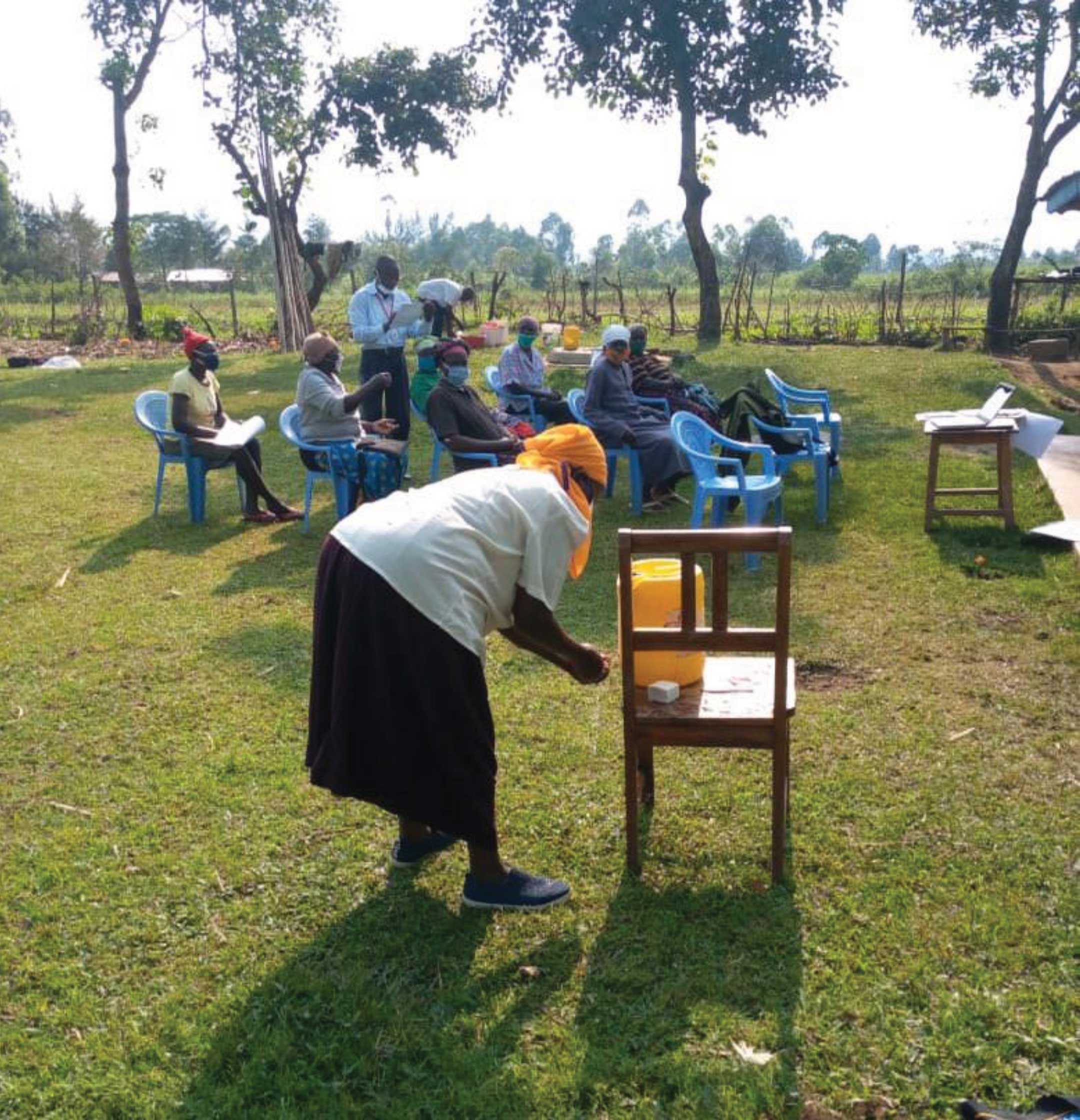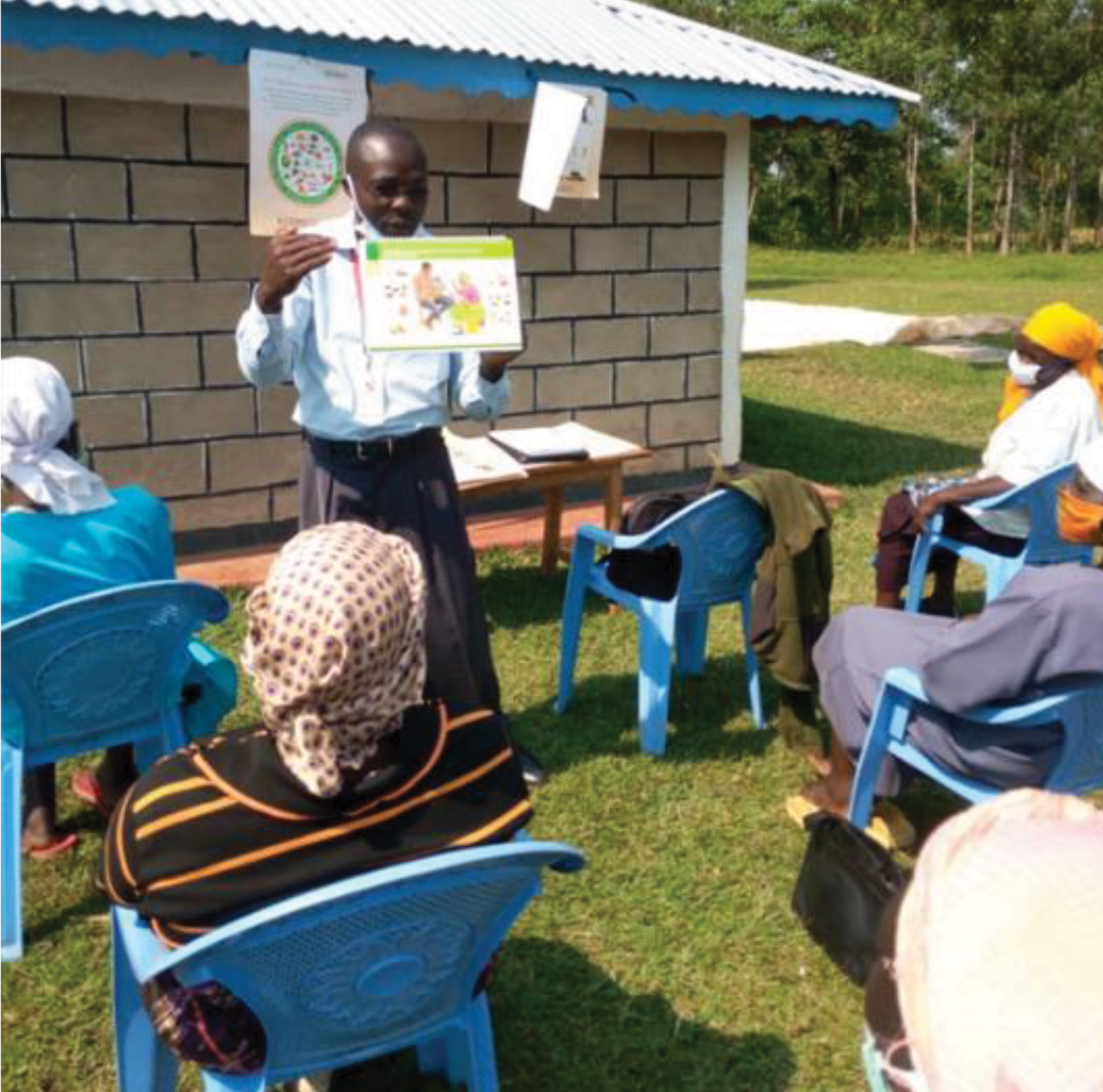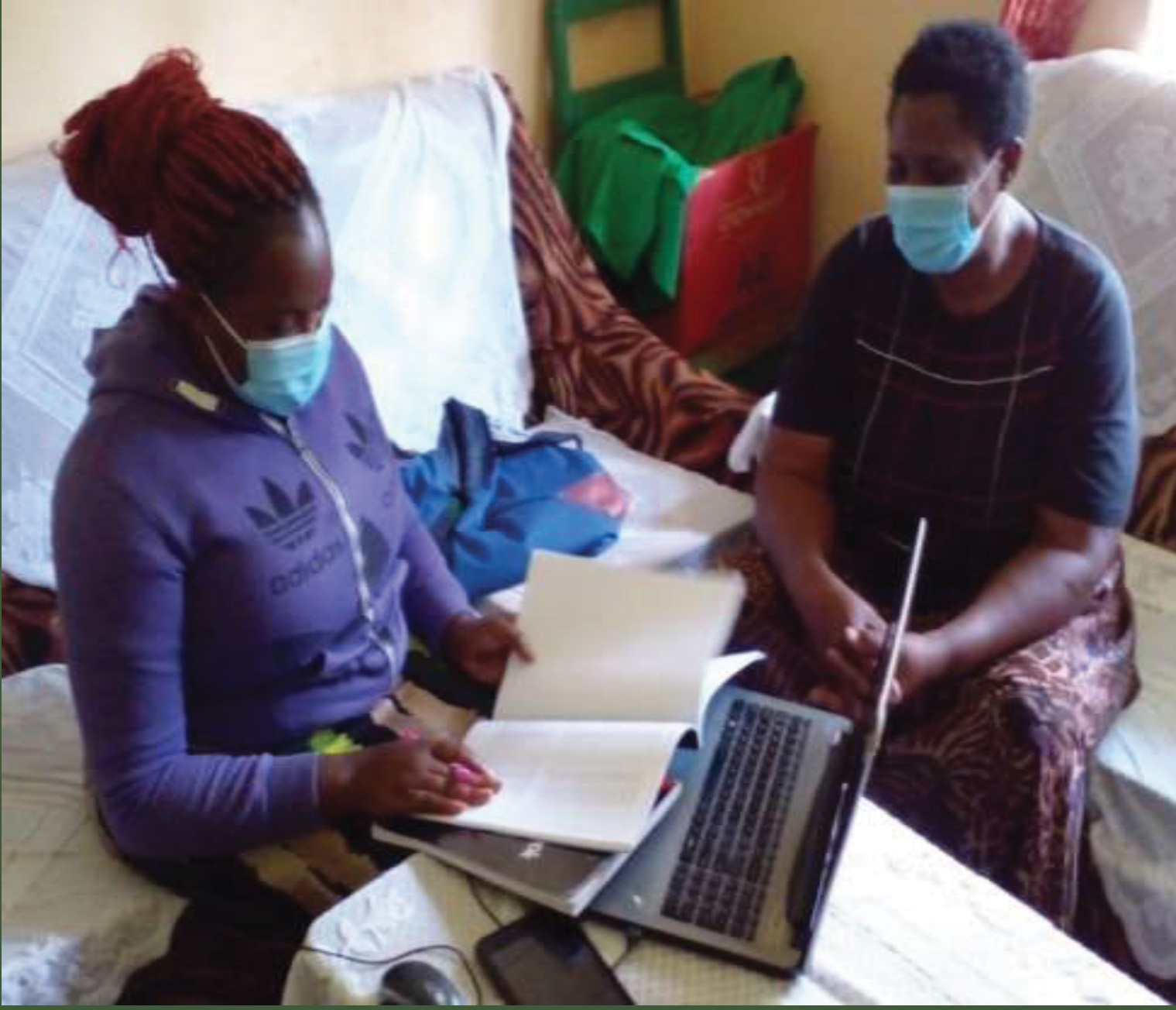Project Details
Subject
Location
Partners
Value Chain
Background
KCDMS supports nine value chains including dairy, feed/fodder, mango, banana, avocado, pineapple, passion fruit, sweet potato, and African leafy vegetables through five core components: Market Access, Productivity, Policy, Social Inclusion, and Collaboration, Learning and Adaptation. Nutrition-sensitive agriculture interventions, primarily under Productivity, aim to boost household consumption of nutritious, safe foods, particularly among children aged 6–23 months and women of reproductive age. The program targets farmers, groups, market actors, and service providers with agri-nutrition messaging to drive behavior change. It addresses nutrition pathways by improving productivity, incomes, and women’s empowerment, supported by access to information for informed nutritional decisions at the household level.


Goal
To improve dietary diversity and nutrition outcomes among farming communities by increasing household consumption of nutritious and safe foods, with a focus on children aged 6–23 months, women of reproductive age, and youth.
Target Audience
Smallholder farming communities specifically women of reproductive age, children below 2 years, and youth.
Implementation
KCDMS trained 160 lead farmers as Trainers of Trainers (ToTs) using a USAID-endorsed, Ministry-approved nutrition-sensitive curriculum. These lead farmers cascaded Agri-Nutrition training to 40,000 smallholder farmers during routine group meetings. Sessions covered 14 key topics, including maternal and child nutrition, food production, processing, sanitation, and gender roles. SBC tools that supported delivery were community dialogue cards, MIYCN food charts, and 10 food group posters. Activities aimed to increase production and consumption of diverse, nutritious foods, improve household incomes, and promote behavior change. Market facilitation and sensitization supported women of reproductive age and children under two to achieve minimum dietary diversity through informed nutrition practices.

Achievements and Results
CBCC trained over 160 lead farmers who cascaded Agri-Nutrition messages to 42,851 smallholder farmers (107% of target) across Kakamega, Vihiga, Bungoma, and Busia, organized into 1,504 farmer groups. These efforts indirectly reached 16,271 children aged 0–23 months. A post-assessment of 231 women and caregivers revealed significant improvement in infant feeding practices. The proportion of children meeting WHO-recommended feeding frequency rose from 40% to 60%, while those consuming below recommended levels decreased from 35% to 24%, demonstrating enhanced caregiver knowledge and behavior change following the training interventions.
Conclusion
The KCDMS agri-nutrition interventions successfully enhanced nutrition knowledge and practices among smallholder farmers, with measurable improvements in infant feeding patterns. Through targeted SBC approaches, trained lead farmers catalyzed wide-scale behavior change. The project demonstrates the value of integrating nutrition into agricultural programming to improve dietary diversity, household food security, and health outcomes for women and young children in rural communities.
